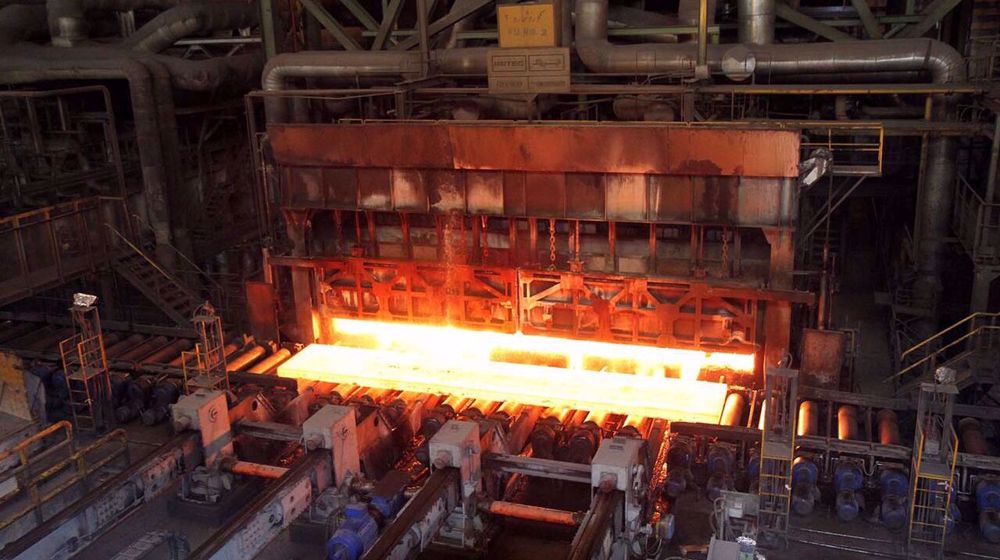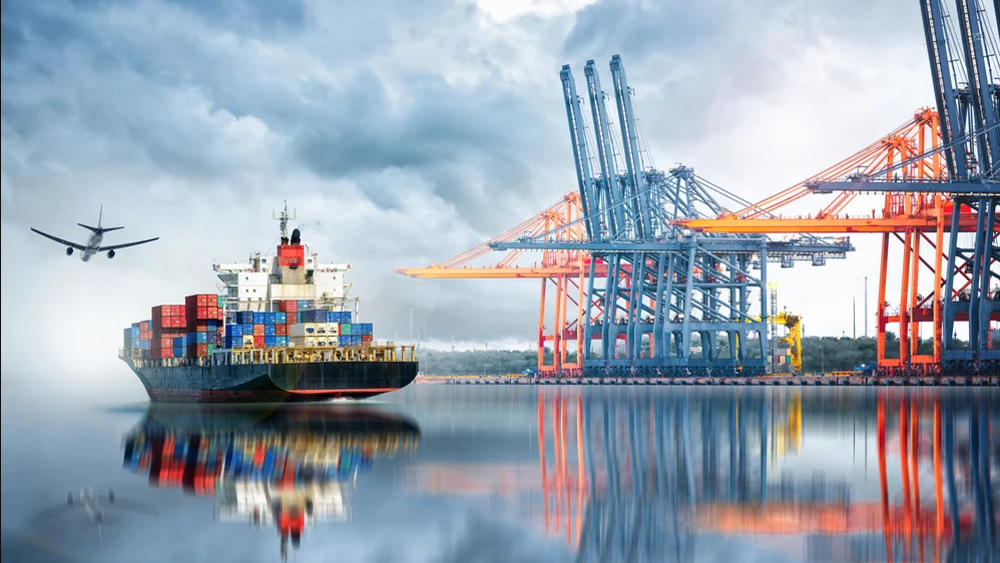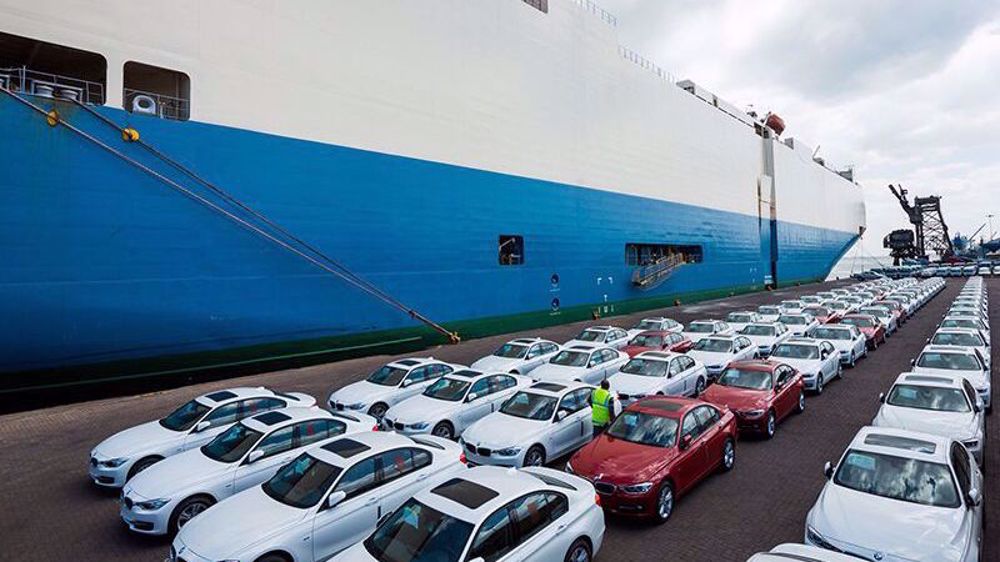Iran petrochemical industry ready for $70bn in investment
An Iranian petrochemical industry official says the country’s petrochemical sector is capable of attracting USD 70 billion in domestic and foreign investment.
Ahmad Mahdavi Abhari, secretary of the Association of Petrochemical Industry Corporations (AIPC) was quoted by Fars news agency on Saturday as saying that the value of half-finished projects in Iran's petrochemical sector amounts to USD 70 billion, proving that the sector has a good potential to attract foreign investment.
He added that Iran's petrochemical companies are in a very good shape in terms of export and sale of petrochemical products.
“A total of USD 14 billion of petrochemical products was exported” by Iranian companies last year, showing good potential of these companies to attract domestic and foreign investments, Abhari said.
The official noted that Iran has rich resources that can be used as feedstock for petrochemical companies, adding, “Iran ranks the first in the world in terms of gas reserves and ranks fourth in terms of oil reserves,” which constitute good feed for petrochemical industry.
Abhari added that recent statement issued following intense nuclear talks between Iran and the P5+1 group in the Swiss city of Lausanne has greatly motivated domestic and foreign investors to bring their capital to Iran's petrochemical industry.
“If the Lausanne statement leads to a final [nuclear] agreement, the way will be totally paved for foreign investments in this industry, which has high potential for the attraction of such investments,” he said.
AIPC’s secretary further stated that a final nuclear agreement will greatly facilitate transfer of money and technology to Iran, thus delineating a promising outlook for investment in the country’s petrochemical project.

At the beginning of 2012, the United States and European Union imposed sanctions on Iran to prevent other countries from investing in the country’s oil and gas industry. The sanctions were imposed under the pretext that there is a military aspect to Iran's peaceful nuclear program, an allegation Iran categorically rejected.
The Islamic Republic and the P5+1 group of countries – the US, the UK, France, Germany, Russia and China – reached an interim agreement on Iran's nuclear program in the Swiss city of Geneva last November, which led to relative loosening of sanctions against Iran, paving the way for further cooperation in various economic fields between Iran and other countries.
The two sides also reached a mutual understanding on April 2, 2015 in the Swiss city of Lausanne, which is considered a prelude to the achievement of a comprehensive deal before a self-designated deadline at the end of June. A key point of Lausanne statement was a promise to lift a series of economic sanctions on Iran – including those imposed on the country’s oil industry.
Following the Lausanne understanding Iran's oil industry officials said international companies have voiced interest in taking up projects in the country’s oil, gas and petrochemical industries.
SS/SS
VIDEO | Press TV's News Headlines
VIDEO | US 'non-profit killer’ bill targets pro-Palestinian groups
Explainer: How Yemeni military chased away US aircraft carrier from Red Sea?
French march for women of Palestine
Erdogan: Upholding ICC arrest warrants will restore trust in intl. system
Iran activated new centrifuges in response to IAEA resolution: Parl. speaker
Nov. 23: ‘Axis of Resistance’ operations against Israeli occupation
Lindsey Graham threatens to sanction US allies backing ICC arrest warrants










 This makes it easy to access the Press TV website
This makes it easy to access the Press TV website